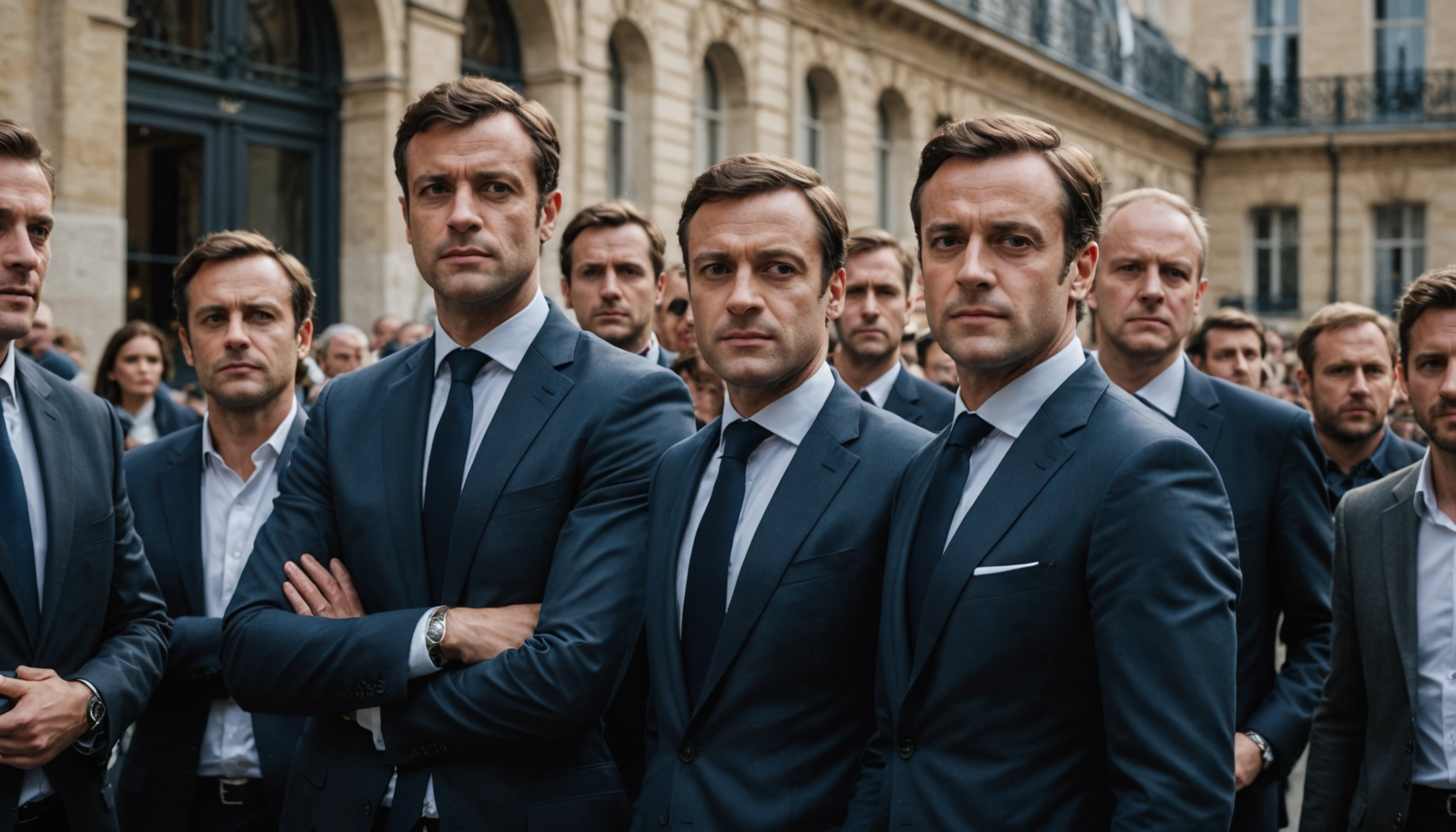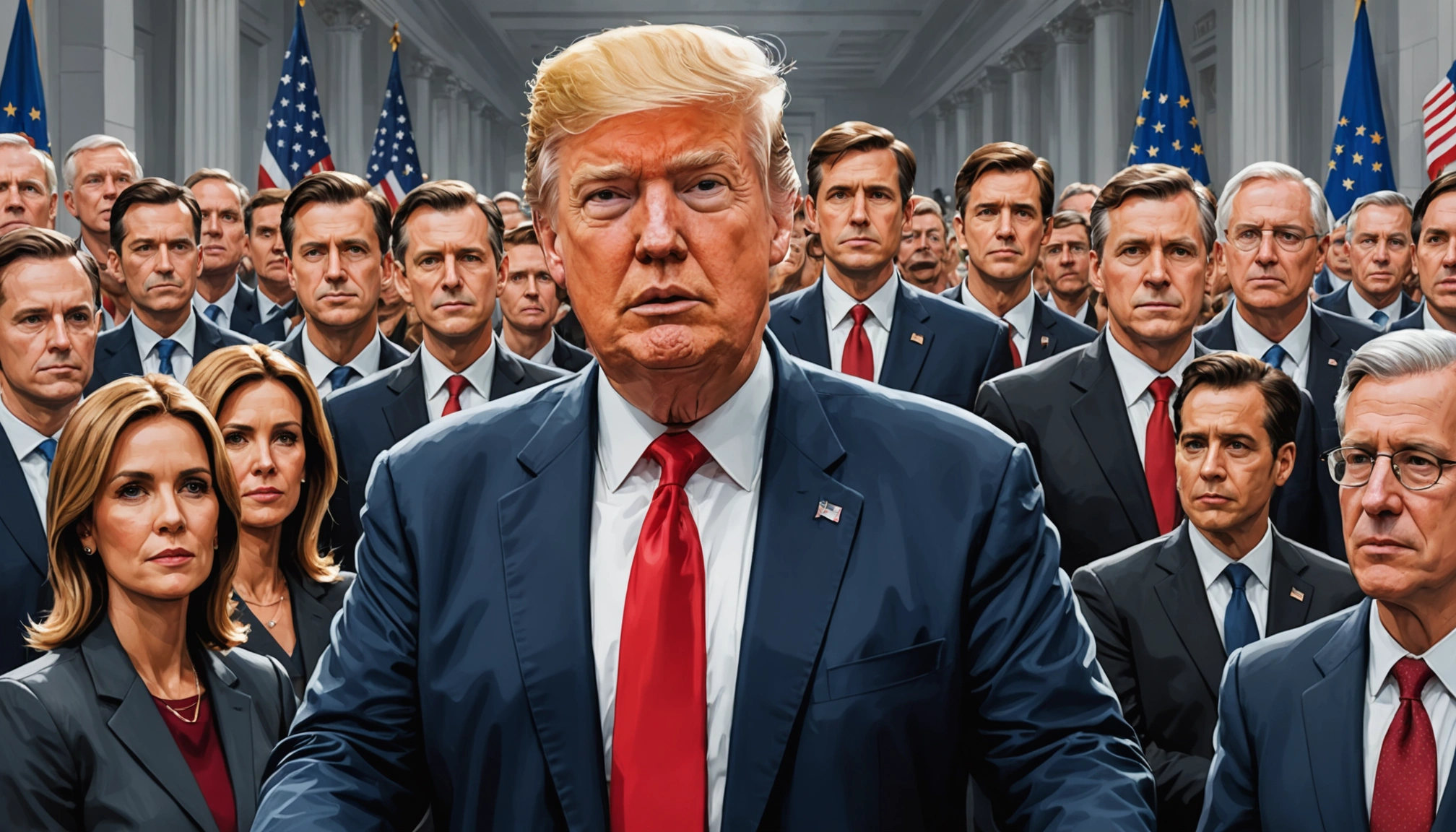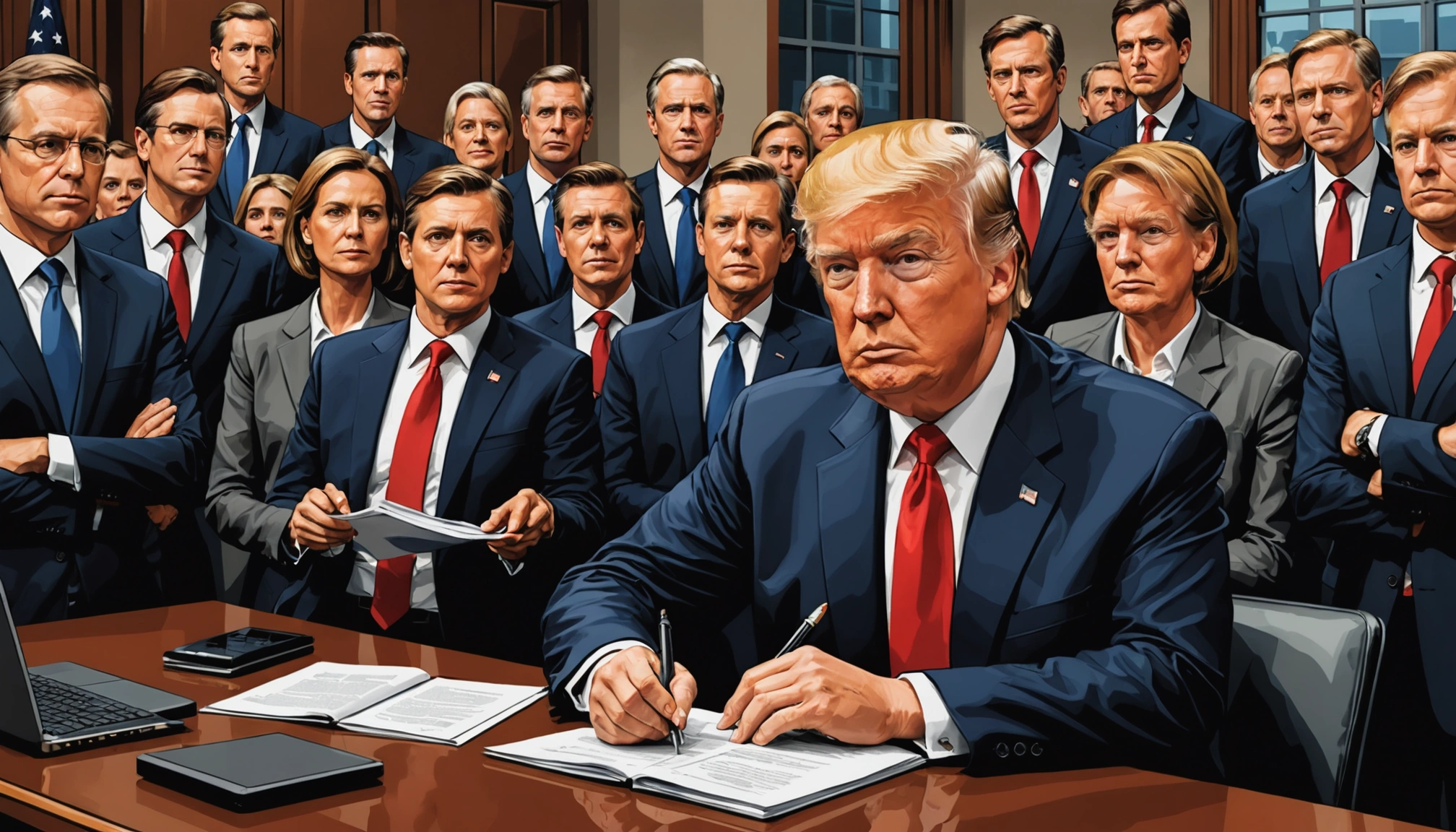French Billionaires Under Scrutiny for Alleged Far-Right Agenda Influence

France, a nation steeped in republican ideals, is facing increasing scrutiny over the influence of its wealthiest citizens on the nation's political landscape, particularly concerning the rise of far-right ideologies. While the ascent of right-wing movements across Europe has garnered international attention, a more subtle yet equally significant transformation is occurring within France, where a network of billionaires is allegedly using their vast resources to promote a far-right agenda.
The central concern revolves around the concentration of media ownership in the hands of a few powerful, conservative billionaires and their financial backing of political movements and initiatives. Critics argue that this consolidation of power allows these individuals to shape public discourse, normalize far-right narratives, and exert undue influence on the political process. This has sparked calls for stricter regulations and greater oversight of media ownership to safeguard democratic principles and ensure a diversity of voices in the public sphere.
Media Empires and the Normalization of Extremism
One of the primary avenues through which French billionaires are allegedly pushing a far-right agenda is through their control of major media outlets. Figures like Vincent Bolloré, often described as the "French Rupert Murdoch," have built media empires that critics say promote reactionary rhetoric, racism, and conspiracy theories. Bolloré's Vivendi group, which includes television channels like CNews, has been accused of giving disproportionate airtime to far-right figures and framing their extremist positions as legitimate responses to France's social and economic challenges.
CNews, in particular, has drawn comparisons to Fox News in the United States, with critics alleging that it serves as a platform for disseminating far-right talking points and shaping public opinion in favor of nationalist and anti-immigrant sentiments. The rise of CNews and similar outlets has been accompanied by a phenomenon known as "Bollorisation," a term used to describe the reactionary turn taken by French media in general, and broadcast journalism in particular.
Other billionaires, such as Bernard Arnault (LVMH) and Rodolphe Saadé (CMA CGM), also control significant media holdings in France, raising concerns about the concentration of media power in the hands of a few individuals with potentially aligned political interests. This concentration, critics argue, can lead to self-censorship among journalists and a lack of diverse perspectives in news coverage.
Financial Support for Far-Right Parties and Initiatives
Beyond media ownership, some French billionaires are accused of directly funding far-right political parties and initiatives. Pierre-Édouard Stérin, founder of the private equity fund Otium Capital, has been identified as a staunch supporter of Marine Le Pen and her National Rally party. Stérin has reportedly invested millions of euros in projects that promote deeply conservative values and support the rise of right-wing forces in France.
One such project, known as "Périclès," aims to provide financial and strategic support to right-wing candidates in upcoming municipal elections. The project's stated goals include combating Islamism, immigration, and "gender ideology," as well as preparing for victory in the 2027 presidential and parliamentary elections. Critics argue that Périclès represents a coordinated effort by wealthy individuals to reshape French politics in line with their conservative ideals.
The National Rally, formerly known as the National Front, is a far-right political party that opposes immigration, advocates for the protection of French identity, and supports stricter controls on illegal immigration. The party has gained significant traction in recent years, capitalizing on concerns about immigration, security, and national identity.
Defending Corporate Interests
While some billionaires may support the far-right due to personal beliefs, others are seen to be motivated by their own business interests. Sectors like finance, fossil fuels, and technology have seen wealthy entrepreneurs backing the far-right, believing it will promote their business interests. For example, figures in the fossil fuel industry may support parties that deny climate change and resist policies aimed at reducing carbon emissions.
The Rassemblement National's economic program, while traditionally focused on social issues, has also attracted support from some business owners who see potential benefits in its policies. These policies include protectionism, economic interventionism, and tax cuts, which could favor certain industries and businesses.
Concerns and Calls for Reform
The alleged influence of French billionaires on the far-right agenda has sparked widespread concern among politicians, journalists, and civil society groups. Critics argue that this influence undermines democratic principles, distorts public discourse, and threatens the rights of marginalized communities.
In response to these concerns, there have been calls for stricter regulations on media ownership, campaign finance, and lobbying activities. Some have proposed limiting the concentration of media power in the hands of a few individuals and increasing transparency in political donations. Others have advocated for stronger enforcement of existing laws against hate speech and discrimination.
The Future of French Democracy
The debate over the role of French billionaires in promoting a far-right agenda raises fundamental questions about the future of French democracy. As wealth becomes increasingly concentrated at the top, there is a growing risk that a small elite will exert undue influence on the political process, marginalizing the voices of ordinary citizens.
Whether France can effectively address these challenges will depend on its ability to strengthen democratic institutions, promote media pluralism, and ensure that all citizens have an equal opportunity to participate in the political process. The outcome of this struggle will have far-reaching implications for the future of France and its role in Europe.
The controversy surrounding the influence of French billionaires on the far-right agenda highlights the complex interplay between wealth, power, and politics in modern democracies. As societies grapple with rising inequality and the spread of misinformation, it is essential to safeguard democratic principles and ensure that all voices are heard.
Related Articles

EU Faces Uphill Battle Securing US Trade Pact Amid Trump's Tariff Threats

Myanmar's Rare Earths Boom: A Dirty Secret Fueling Green Tech
